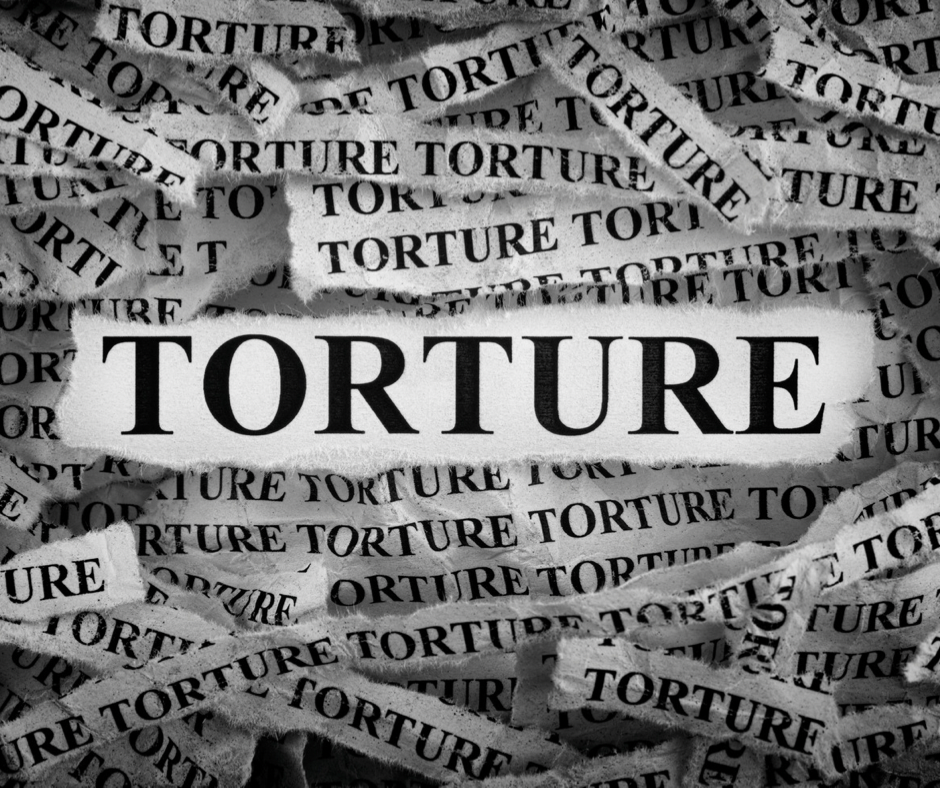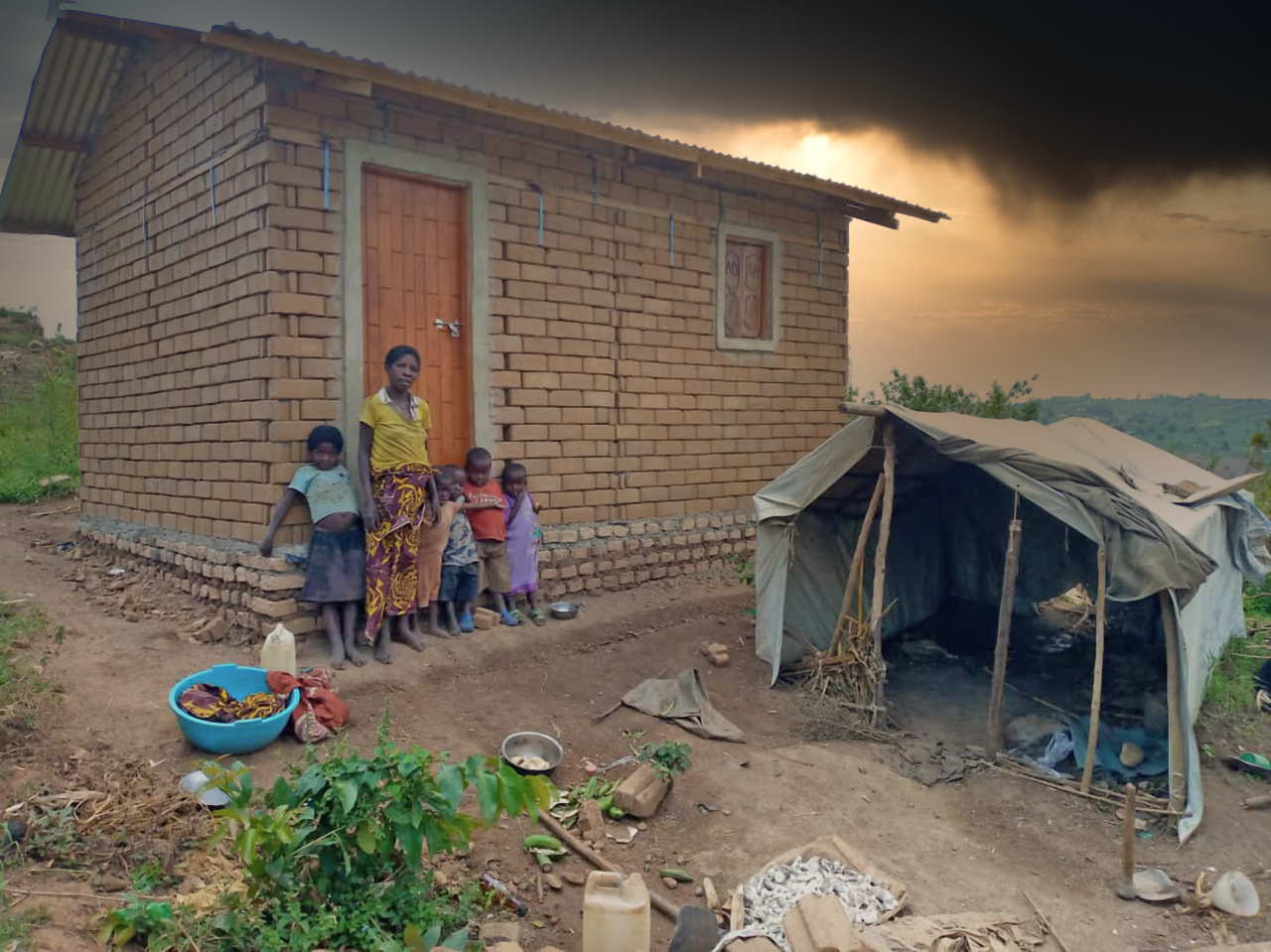Torture: the infliction of severe physical or mental pain or suffering for a purpose, such as extracting information, coercing a confession, or inflicting punishment.

That’s what Maisha Sifa had to go through, in which no direct questions were posed to her and her husband but a continuous statement of “Tell us what you know.”
It is a feeling that no person should go through. It is retching, defying and tear-jerking. It’s a feeling that changes your perception of life.
Musanganya Musa had a loving family with a wife and four exceptional children. But on this one night, horror knocked on his door while they were sleeping.
They overheard the sounds of men around the house; little did they know that this was the last night they would be as a family.
Musanganya, the provider and protector of his household, was removed from the safety of his house as the men they had overheard walking in their compound took him away.
They knocked on the door and went in forcefully, not letting the people in the house know who they were.
They searched the entire house and then went off with Mr Musanganya amidst the household members’ horrific cries. There were no words said, only actions were done, and in less than 15 minutes, the whole ordeal was over.
A neighbourhood search was initiated in the morning as the wife had reported the abduction to the area local council chairman and the police.
There was no record of him at the local police station as they were further referred to the Central Police station. A case was filed for a missing person at the Central Police station.
After not receiving any good news from the investigation for a few days, the family decided to ask the public for assistance. That’s when they found Mr Musanganya’s body lying in the bushes.
He had been murdered. Sifah knew she wasn’t safe; she knew those who had killed her husband were coming back the same night to follow up.
The walk in the dark started with no clear direction, a mother with her four children moved in the bushes, her little baby of four months went on crying; the pain was too much.
After four hours of running to the nearby main road, a vehicle approached; it was a lorry carrying merchandise to the nearby town of Bunagana.
Reaching Bunagana in North Kivu, “we didn’t use proper channels to enter Uganda neither did we have proper documentation,” Sifah narrated.
“A good person who overheard our story directed us to the offices of UNHCR from Bunagana to Nyakabande, then to Kyaka II Refugee Settlement. We were welcomed and allocated where to set up shelter.”
Sifa continued, “With the community’s help, we set up a simple tent that has housed us for the past two years. It has not been comfortable. The tarpaulins can’t hold the rains and have been washed away by the rains on several occasions.”
Hope & Healing
“I was seated preparing a small meal when ADRA Uganda and the village chairman arrived; they spoke in English. They were pointing their hands in my direction. I kept wondering what they were talking about. After a week, I realized that ADRA was actually going to make my home comfortable.”
For Sifa, this was like a dream. She had tried raising money to set up a comfortable shelter but failed. ADRA was able to build her a shelter, latrine, and bathroom in less than a week, just in time before the start of the rainy season.
“I don’t have words to thank ADRA enough for my new house. For years I have seen the ADRA vehicles roaming around; little did I know that my shelter would be on the way,” Sifa concluded.
Lord, You have been a refuge for the poor, a refuge for the needy in their distress, a shelter from the storm and a shade from the heat.
Isaiah 25:4

Using private sector funding, ADRA constructed 40 houses in Kyaka II Refugee Settlement for persons with specific needs like Sifa. ADRA in Denmark & Sweden has secured funding for 159 more houses that will commence construction in the coming weeks.
The Adventist Development and Relief Agency (ADRA) is the Seventh-day Adventist Church’s global humanitarian arm, with the purpose of serving humanity as God intended, regardless of anyone’s ethnicity, gender, political affiliation, or religious affiliation.

